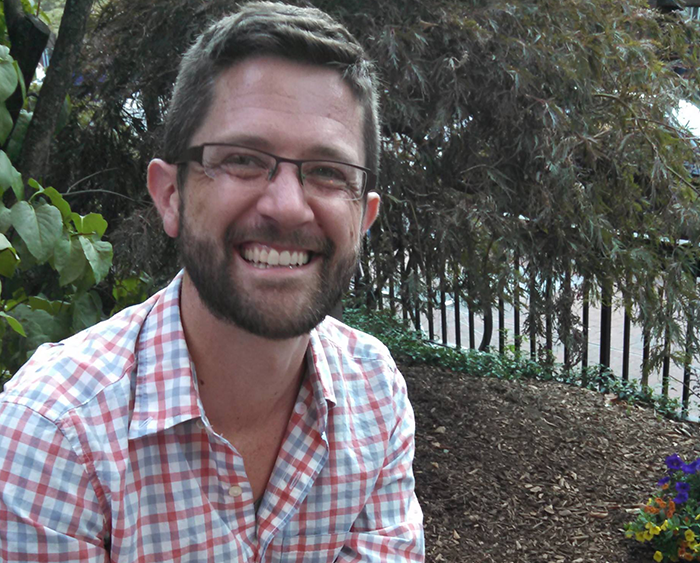Brian McCammack to present Urban History Seminar at the Chicago History Museum

Brian McCammack, Associate Professor of Environmental Studies, is presenting "Open Land for Whom? Race, Environmentalism, and the Battle Over Chicago's Washington Park" at the Chicago History Museum.
McCammack's first book, Landscapes of Hope: Nature and the Great Migration in Chicago, was published in 2017 by Harvard University Press. His current research is a continuation of the book, delving into Chicago's environmental history after World War II.
McCammack traces the history of the environmental movement and its relationship to the city as well as its lack of diversity. "I am researching how public greenspace and public goods factor into broader inequalities and racial tensions. Across the country, early environmental groups often tried to reach out and involve communities of color in their work, but repeatedly failed. This eventually led to the rise of the environmental justice movement in the '80s," McCammack said. "This is a case study of the larger picture of the lack of racial, socioeconomic, and ethnic diversity."
The Urban History Seminar series feature a scholarly presentation followed by lively discussion. McCammack's seminar will not only allow him to present his work, but also to interact with and hear the perspective of local history experts.
McCammack has worked on his research with students in the past. "My research on this dates back five years. A Richter Scholar, Uche Okeke '21, helped me do research in Chicago in the Openlands archive in the Chicago History Museum. On sabbatical, I have been taking time to look closely at that archival research and look at how it fits into my book project."
McCammack's work also extends to the Humanities 2020 Mellon Foundation Grant, an initiative that seeks to advance humanities education and investigate issues of racism in the Chicagoland area. The grant explores racism through three streams: storytelling, the built environment, and mass incarceration and displacement. McCammack's previous and current work fits accordingly into discussions of racism and the built environment in and around Chicago.
"The talk itself wasn't set up by the grant, but the subject matter is exactly what the grant was meant to engage with in terms of racial inequalities in the Chicagoland area," McCammack said. "This is an opportunity for thinking about the way history influences current inequalities in the city."
McCammack will be presenting on Thursday, March 3 at 7:00 p.m. CST. The event is free, but donations to the museum are greatly appreciated. You can register for the Virtual Urban History Seminar here.

